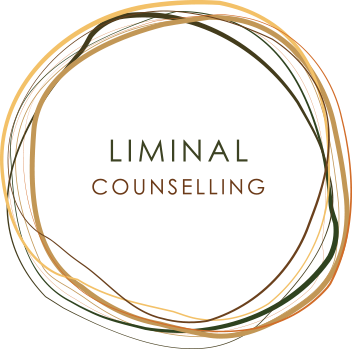Anxiety
Anxiety is something that most people will experience at some point in their lives. For some, it’s a fleeting moment of worry, while for others, it can feel like you’re drowning. While there are many factors that contribute to anxiety, the good news is that there are practical tools and lifestyle changes that can help manage and reduce its intensity. Incorporating small, yet effective, habits into each day can bring balance and calm, making anxiety more manageable. Below, we’ll explore some of these techniques, from exercise and diet to mindfulness practices.
Nine Strategies
1. Exercise: A Natural Stress Reliever
Physical activity is one of the best ways to combat anxiety. Regular exercise releases endorphins, which are often referred to as “feel-good” hormones. These chemicals interact with the receptors in your brain that reduce your perception of pain and stress. Beyond this immediate chemical boost, exercise offers long-term benefits by improving your sleep, increasing self-confidence, and reducing fatigue. Whether it’s a brisk walk, yoga, or a more intense workout, integrating movement into your daily routine is an effective way to manage anxious feelings.
2. Nourish Your Gut, Nourish Your Mind
There’s a growing body of research that highlights the connection between gut health and mental health. Your gut and brain are closely linked, and having a healthy gut promotes the production of serotonin, a neurotransmitter often dubbed the “happiness hormone.” Eating a plant-based, whole-foods diet rich in fruits, vegetables, legumes, and whole grains not only supports your overall health but also encourages a healthy balance of gut bacteria. When your gut thrives, so does your mood, helping to stabilize emotions and keep anxiety in check.
3. Sunshine: Nature’s Mood Booster
One of the easiest and most effective ways to bring up your mood is by spending time outdoors in natural sunlight. Exposure to sunlight helps the body produce vitamin D, which plays an important role in regulating mood and warding off depression. Studies have shown that vitamin D deficiency can lead to increased anxiety and depression symptoms. So, make it a point to spend at least 15-30 minutes outside each day, soaking up the natural light—your mind will thank you.
4. Hydration: Don’t Overlook Water
Staying hydrated is vital for your body and brain to function optimally. Dehydration can negatively affect your mood, energy levels, and ability to focus, often making feelings of anxiety worse. Drinking enough water throughout the day helps keep your body and brain in balance, so try to consume around 8 glasses of water daily, or more if you’re active. Keeping a reusable water bottle handy can serve as a helpful reminder to stay hydrated.
5. The Importance of Sleep
When you’re not well-rested, your brain’s ability to manage stress and regulate emotions weakens, which can exacerbate feelings of anxiety. Quality sleep allows your body to recharge and restore its natural rhythms. Aim for 7-9 hours of sleep each night by establishing a relaxing bedtime routine, limiting caffeine in the afternoon, and creating a sleep-conducive environment. Prioritizing sleep is essential for both physical health and mental well-being.
6. Screen Time: A Double-Edged Sword
In today’s digital age, we’re more connected than ever, but that constant connectivity can take a toll on our mental health. Excessive screen time, especially on social media, can contribute to feelings of anxiety, comparison, and information overload. Set boundaries around your use of devices, such as creating “tech-free” zones or setting specific times to check your phone. Limiting screen time not only reduces anxiety but can also free up space for more grounding activities, like reading, exercising, or spending time with loved ones.
7. Foster Healthy Social Connections
Humans are inherently social beings, and healthy connections with others can play a significant role in alleviating anxiety. Positive social interactions help release oxytocin, often called the “love hormone,” which can reduce anxiety and promote feelings of well-being. Whether it’s spending time with friends and family, joining a club, or engaging in group activities, building meaningful connections can give you a sense of belonging and support that can buffer against stress.
8. Stop the Negative Thought Spiral
Anxiety often stems from worrying about things that haven’t happened yet. It’s easy to get stuck in a loop of negative thoughts, projecting worst-case scenarios, and spiraling into fear about the future. However, the future is unknown, and the only thing you can control is the present moment. To break free from this cycle, practice grounding yourself in the present. Remind yourself that you don’t have to predict the future and instead focus on what’s within your control right now. This shift in mindset can reduce the power of anxiety.
9. Breathing and Mindfulness Activities
Breathing exercises and mindfulness techniques are powerful tools for managing anxiety. When anxiety strikes, it often leads to shallow or rapid breathing, which can fuel feelings of panic. By practicing deep breathing exercises—such as inhaling for four counts, holding for four, and exhaling for four—you can help calm your nervous system and reduce anxiety. Mindfulness practices, like meditation, encourage you to focus on the present moment, helping you disengage from anxious thoughts about the future or past. Even just five minutes of mindful breathing can make a noticeable difference in your mood.
Concluding Thoughts
Anxiety can feel overwhelming, but incorporating these simple, practical tools into your daily routine can make a world of difference. From exercising and eating a nutrient-rich diet to spending time outdoors, hydrating, and fostering social connections, these steps not only help manage anxiety but also promote overall well-being. If you want further support, Liminal Counselling in Ajax, ON is here for you. Speaking to a therapist to work through your anxiety and work on specific anxiety coping strategies can be very effective. By taking control of your lifestyle habits and working with a therapist, you can regain a sense of calm, live more mindfully, and approach life with greater resilience and clarity.






